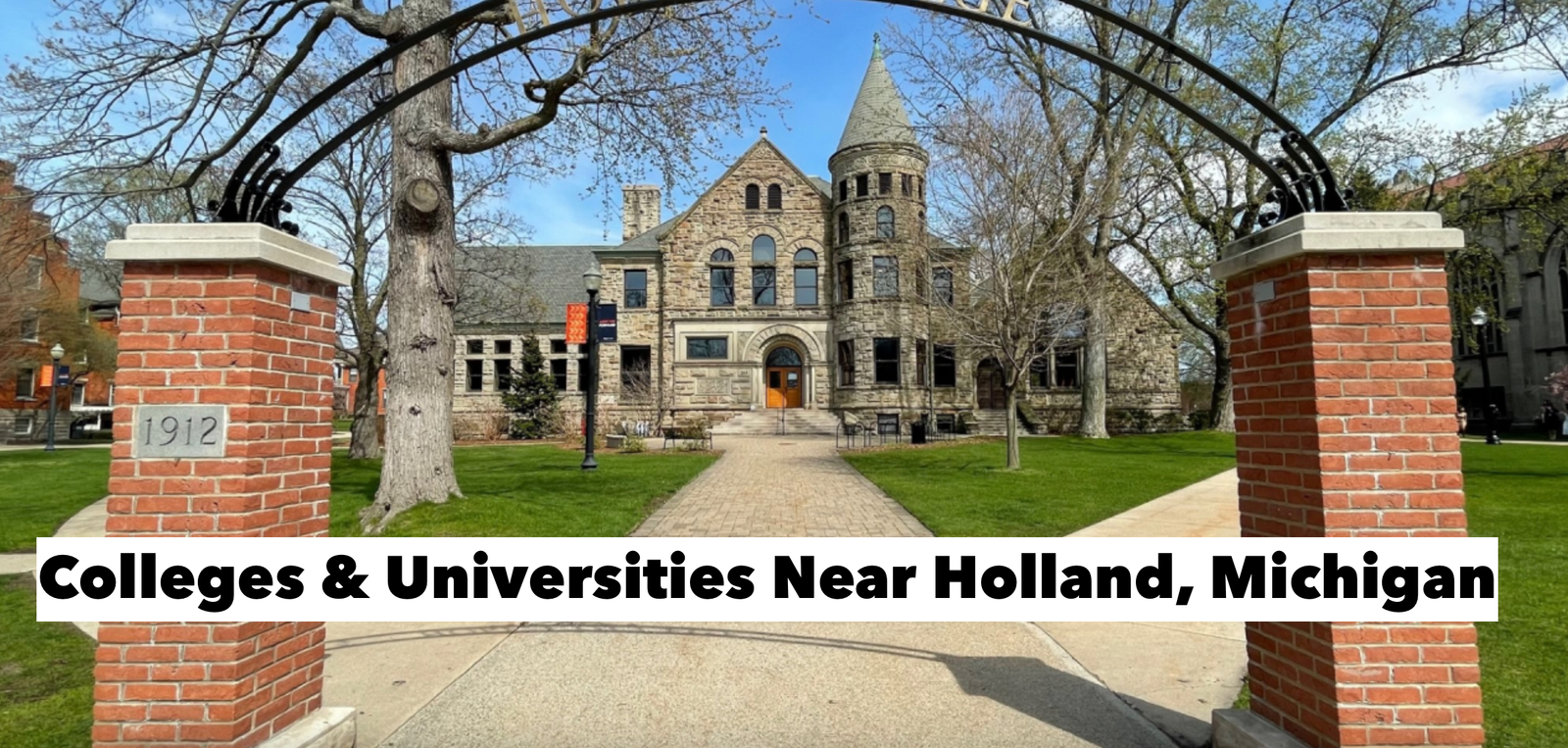In recent years, the landscape of teacher certification has evolved significantly, with alternative teacher certification programs emerging as a viable pathway for many aspiring educators. These programs offer a unique route to the classroom for individuals who may not follow the traditional path of earning a degree in education before entering the profession. As the demand for qualified teachers continues to rise, especially in underserved areas and in fields with shortages, alternative certification programs play a crucial role in addressing these needs. This article explores the key aspects of alternative teacher certification programs, their benefits, and how they contribute to the education system.
What Are Alternative Teacher Certification Programs?
Alternative teacher certification programs are designed to provide a streamlined route to becoming a teacher, typically targeting individuals who hold a bachelor’s degree in a field other than education. These programs are intended for individuals who are looking to transition into teaching from another career or who have a passion for education but have not followed the traditional path of completing a four-year education degree.
Unlike traditional teacher preparation programs, alternative certifications often offer more flexible, accelerated paths to certification. They focus on equipping candidates with the essential skills and knowledge needed to effectively teach while allowing them to gain classroom experience simultaneously. Alternative teacher certification programs can vary widely in structure and content. Here are a few common types:
Post-Baccalaureate Programs: These programs are designed for individuals who already hold a bachelor’s degree and want to earn a teaching certificate. They often involve completing coursework in pedagogy, classroom management, and subject-specific methods.
Transition to Teaching Programs: These are typically aimed at career changers who have a degree in a non-education field but want to enter teaching. These programs often offer a combination of online coursework and in-classroom training.
Teach for America (TFA): A well-known program that recruits recent college graduates to teach in underserved communities across the U.S. TFA provides intensive training and support, including a summer training institute and ongoing professional development.
Troops to Teachers: This program helps military veterans transition into teaching careers. It provides financial support and training for veterans who want to leverage their leadership and organizational skills in the classroom.
Certification-Only Programs: These programs are often offered by universities or independent institutions and focus solely on providing the necessary certification without the broader scope of a degree program. Alternative teacher certification programs offer several advantages:
Diverse Perspectives: These programs bring individuals with diverse professional backgrounds and life experiences into the teaching profession. This diversity enriches the learning environment and provides students with a broader range of role models.
Accelerated Pathways: For individuals eager to start teaching quickly, alternative programs often offer a faster route to certification compared to traditional degree programs. This can be particularly beneficial in addressing teacher shortages in high-need areas. Many alternative certification programs offer flexible scheduling options, including online coursework and evening classes, which can be particularly appealing to those balancing other responsibilities.
Real-World Experience: Candidates often gain practical classroom experience early in their training, which can enhance their teaching skills and confidence. This hands-on approach helps them to apply theoretical knowledge in real-world settings. By providing a pathway for individuals to enter teaching from various fields, these programs help fill gaps in areas with critical teacher shortages, especially in subjects like math, science, and special education.
While alternative teacher certification programs offer many benefits, they also come with challenges. Preparation and Support: Some critics argue that alternative certification programs may not provide as comprehensive a preparation as traditional education degrees. Ensuring that candidates receive adequate support and professional development is crucial.
Classroom Management: Transitioning into teaching from another profession can be challenging, especially in managing a classroom and adapting to educational practices. Effective programs must provide robust support systems to help new teachers succeed. The quality of alternative certification programs can vary widely. It’s important for candidates to research programs thoroughly and choose ones that are accredited and have a strong track record of success.
Retention: Ensuring that alternative certification candidates remain in the profession long-term is a concern. Supportive induction programs and ongoing professional development can help improve retention rates. Alternative teacher certification programs have made a significant impact on the education system by broadening the pool of potential teachers and addressing urgent staffing needs. They contribute to:
Meeting Diverse Needs: These programs help meet the needs of diverse student populations by bringing in teachers with various backgrounds and experiences. Individuals transitioning from different careers often bring fresh perspectives and innovative approaches to teaching, which can benefit students.
Increased Teacher Supply: By providing multiple pathways to certification, these programs help to increase the number of qualified teachers, particularly in high-need areas.
Conclusion: Alternative teacher certification programs play a vital role in the modern education landscape, offering a flexible and accelerated pathway to the classroom for individuals passionate about teaching. While there are challenges associated with these programs, they provide significant benefits by addressing teacher shortages, bringing diverse perspectives into schools, and offering real-world experience.
As the education system continues to evolve, alternative certification programs will remain an important tool in shaping the future of teaching and learning. For those considering a career change into education, these programs represent a promising opportunity to make a meaningful impact in the lives of students and contribute to the betterment of the education system.


